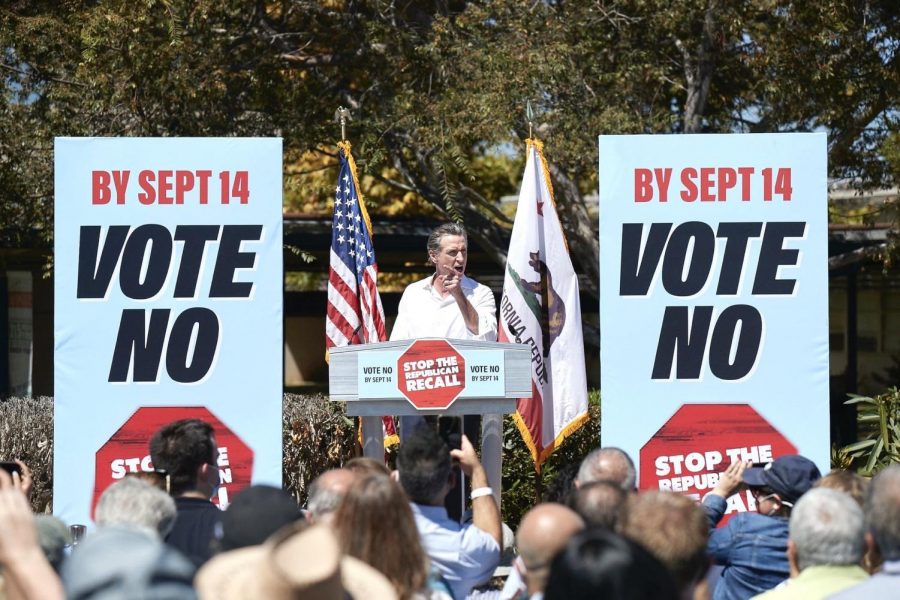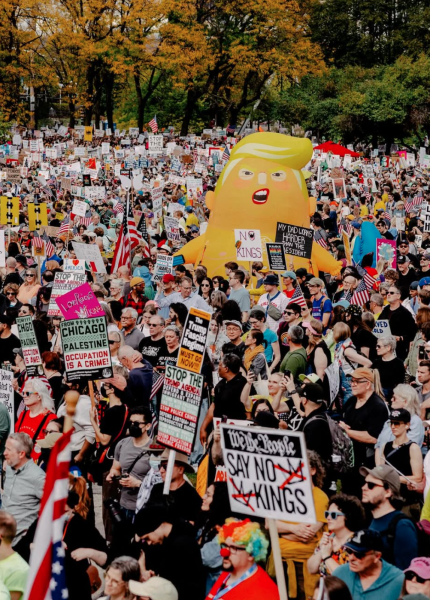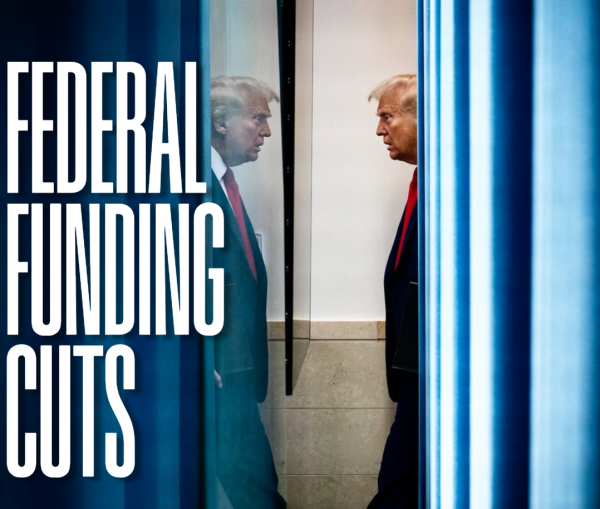California Recall Exemplifies Growing Polarization
California Governor Gavin Newsom successfully held onto his title after a Republican-led effort to recall him from office. Although Governor Newsom won with 65% of the vote, this recall election could have had drastic impacts on the rest of the nation.
As the most populous state, California is a known trendsetter. This election had the potential to influence Republicans across the U.S. to go against their governors and their governors’ COVID-19 policies. This, in turn, had the possibility to jeopardize Democrats’ control of the Senate in the 2022 election.
Newsom’s unfavorable reputation began years ago, as many California Republicans were against his progressive policies. However, this disapproval accelerated during the pandemic following criticism of Newsom’s extremely cautious COVID-19 policies and mandates.
Newsom has maintained strict mask policies throughout the pandemic and is now requiring many professionals, such as teachers or state workers, to be vaccinated or get tested regularly for coronavirus.
A large number of the arguments against the governor come from critics who believe that Newsom’s closures of schools and businesses and occupancy regulations for public spaces were too prolonged, hurting both Californians and their businesses.
Even in November 2020, eight months after the beginning of the pandemic, Newsom ordered all nonessential businesses to close and required all Californians to wear a mask whenever they left their homes after a stark rise in COVID-19 cases. These regulations were done in an attempt to halt the spread of coronavirus, but angered many business owners and Californians who wanted a return to normalcy.
However, other critical issues such as homelessness, wildfires, droughts and unemployment were highlighted under the Republicans’ recall effort. Randy Economy, one of the recall’s original organizers, stated, “California is in crisis right now. And not only with natural disasters but by man-made disasters made by politicians like Gavin Newson.”
The recall had a strong force behind it with many California Republicans supporting a new governor to address the serious issues facing California. However, Governor Newsom defeated the effort with 65% of the vote from Californians. Newsom led with 5.8 million votes over the 3.8 million votes cast against him.
After his historic win, Newsom declared, “No is not the only thing that was expressed tonight. We said yes to science. We said yes to vaccines. We said yes to ending this pandemic.”
Newsom’s win can be attributed to his work to help end the pandemic. A CNBC analysis showcased a strong link between support for Newsom and counties with high COVID-19 vaccination rates.
While this recall attempt was unsuccessful, the risks of taking a Democratic governor out of office could have impacted many people, and not just Californians. This recall has the potential to influence other unsatisfied Republicans in Democrat-led states to take action against their leaders.
Vice President Kamala Harris, on this issue, said, “They think if they win in California, they can do it everywhere.” She also stated that the recall of a Democratic governor could impact women and their reproductive rights, workers’ rights, immigration policies and equal access to voting.
The attempt to recall Newsom also draws attention to the Senate election in 2022. If Newsom lost in the recall election, it would suggest the Democrats could face an uphill battle to maintain control of the Senate.
While the recall was settled with victory from Newsom, the price tag of this election was not small. Originally, the state estimated that the election would cost taxpayers $276 million. However, the election cost around $450 million, according to David McCuan, a political science professor at Sonoma State University.
Millions spent on an election defending a Democratic governor in a predominantly Democratic state calls the success of the recall into question.
People deserve to be heard and be able to express discontent with their leaders. Governor Newsom won his title in 2019 in a fair and equal election, but as time progressed and more issues — like the pandemic — arose, criticism grew. The eagerness to launch a pricey recall election instead of attempting a bipartisan approach not only highlights dissatisfaction with governmental leaders, but also showcases America’s increasingly polarized political climate.
However, the drastic polarization in the U.S. was only further exacerbated during the pandemic. One either supported or opposed mask mandates and vaccination. Often, there is no ideological middle ground during a deadly pandemic.
To fix the growing polarization crisis, more bipartisan work needs to be done. While it is easier said than done, bipartisan efforts could help finally end this deadly pandemic. We need cooperation from both parties.
Ally Dugan, FCRH ’23, is a communications and culture major from West Chester, Penn.








































































































































































































